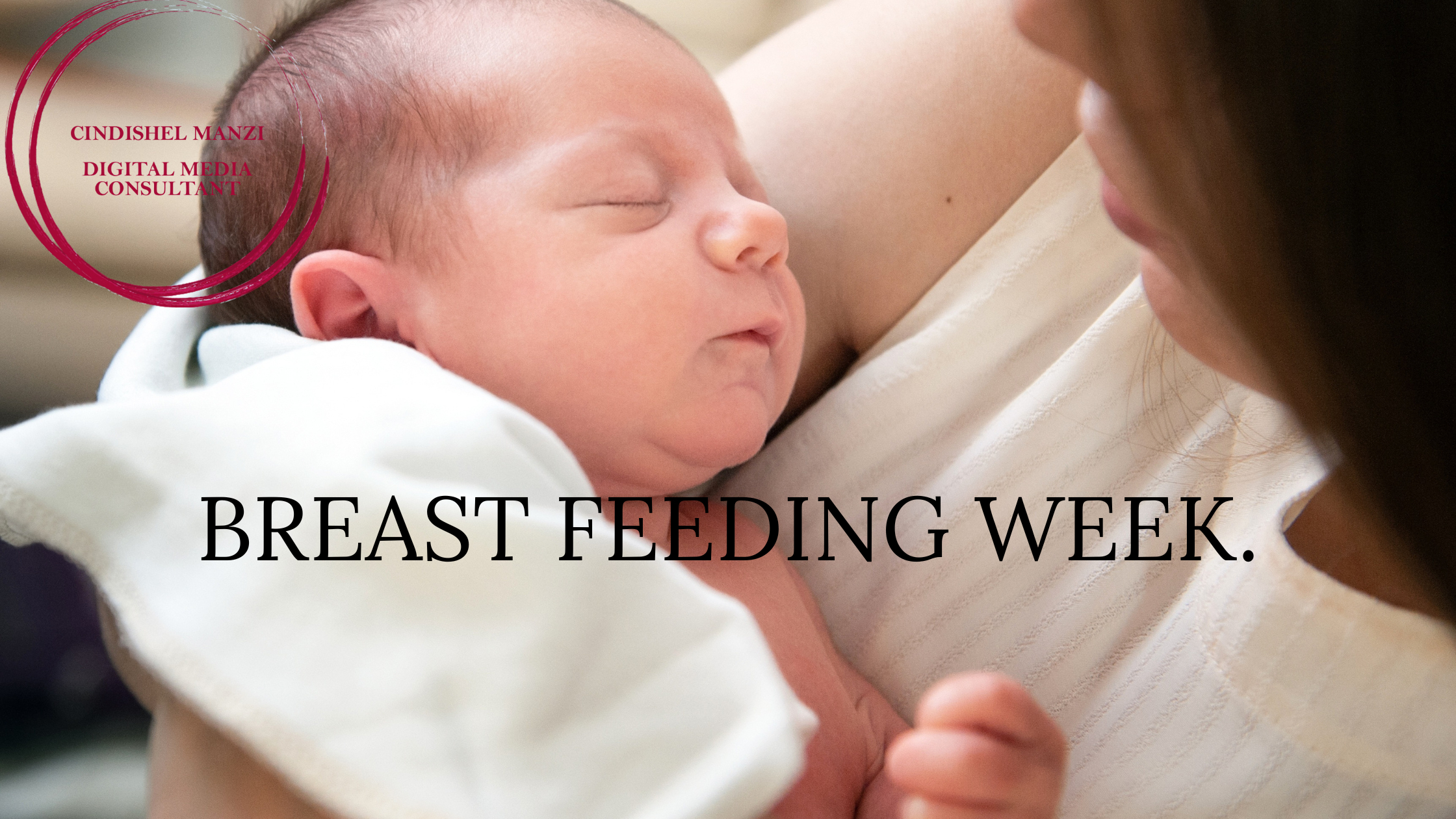The first week of August marks world breastfeeding week since 1992. The week aims to generate awareness of the value of exclusive breastfeeding your babies for the first six months of their lives.
Over the years, this campaign has increased the number of children exclusively breastfed for six months in Kenya. According to the Kenya Demographic Health Survey, exclusive breastfeeding rates have improved from 32% in 2008 to 61% in 2014. Consequently, these efforts have contributed directly and indirectly to the reduction of infant and child mortality rate from 74/1000 live births in 2008 to 52/1000 live births in 2014.
Although most career women only get to spend the first three months of their baby’s lives together before they return to the office, technology has made it easy for them to express milk and store it for the babies to consume even when they are away.
In 2017, the government of Kenya enacted a health act that would see workplaces become overly supportive of the women in the office. It has led to the creation of breastfeeding stations within the companies where nursing mothers can go in pump milk and store it effectively without fear or shame. Some companies have taken a notch further by creating crèches and having baby minders who can watch over the children while the parents work. It brings more sanity to the parents, in turn becoming more productive.
The theme for this year is “Support breastfeeding for a healthier planet” Governments across the globe are arguing with WHO and UNICEF to create an environment where mothers receive skilled breastfeeding counseling.
It is without a doubt that breastfeeding is the best source of all the crucial nutritional needs a baby needs in their first days of living. New mothers must get the necessary counseling to help them effectively breastfeed their babies.
This counseling will play a major role in helping mothers better adjust to the new baby and get tips on how to care for the child with reduced stress.
Improving access to skilled counseling for breastfeeding can extend the duration of breastfeeding and promote exclusive breastfeeding, with benefits for babies, families, and economies. Indeed, analysis indicates that increasing rates of exclusive breastfeeding could save the lives of 820 000 children every year, generating US $302 billion in additional income.
Some of the major benefits of exclusive breastfeeding.
- Nutritional Superiority: Breast milk is a highly nutritious and complete source of nutrients for a baby’s growth and development during the first six months of life. It contains essential proteins, fats, vitamins, and minerals in the right proportions for optimal infant growth.
- Immune System Support: Breast milk contains antibodies and other immune-boosting components that help protect the baby from infections and diseases. It can lower the risk of conditions like respiratory infections, ear infections, and gastrointestinal infections.
- Digestibility: Breast milk is easily digestible, which is important for the delicate digestive systems of newborns. It reduces the likelihood of constipation and other digestive issues.
- Bonding and Emotional Connection: Breastfeeding promotes a strong emotional bond between the mother and the baby. Skin-to-skin contact during breastfeeding releases hormones like oxytocin that enhance feelings of attachment and love.
- Brain Development: Breast milk contains important fatty acids like DHA (docosahexaenoic acid) that support brain and nervous system development. It can lead to cognitive benefits later in life.
- Reduced Allergy Risk: Breastfeeding may help reduce the risk of developing allergies and atopic diseases in some infants, such as eczema and asthma.
- Lower Obesity Risk: Exclusive breastfeeding may contribute to a lower risk of childhood obesity, as breastfed babies tend to self-regulate their intake and may be less likely to overfeed.
- Convenience and Cost: Breastfeeding is convenient as breast milk is always available, at the right temperature, and requires no preparation. It is also cost-effective, eliminating the need to purchase formula, bottles, and other feeding equipment.
- Mother’s Health: Breastfeeding can help the mother recover from childbirth more quickly by promoting uterine contractions and reducing postpartum bleeding. It also lowers the mother’s risk of certain diseases, such as breast and ovarian cancer.
- Birth Control: Exclusive breastfeeding can act as a natural form of birth control in the early months after childbirth, known as the Lactational Amenorrhea Method (LAM). However, its effectiveness depends on specific conditions being met.
- Environmental Benefits: Breastfeeding is environmentally friendly, as it produces no waste from packaging, manufacturing, or transportation associated with formula feeding.
Let us join hands and make a safe environment every place we go for the mothers to breastfeed their babies without shaming them.
Any change starts with you and me.
